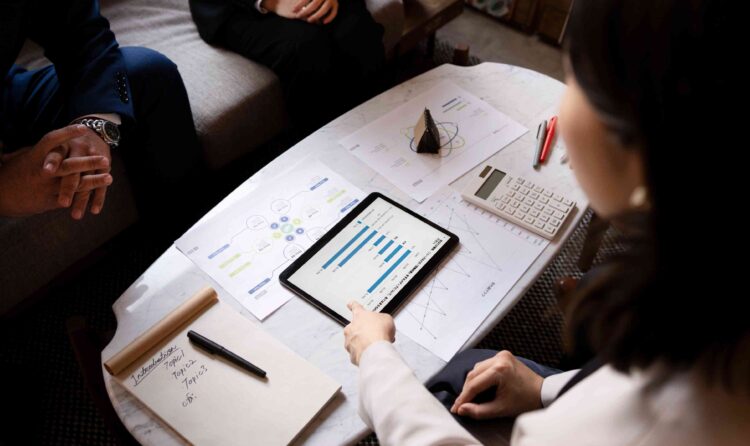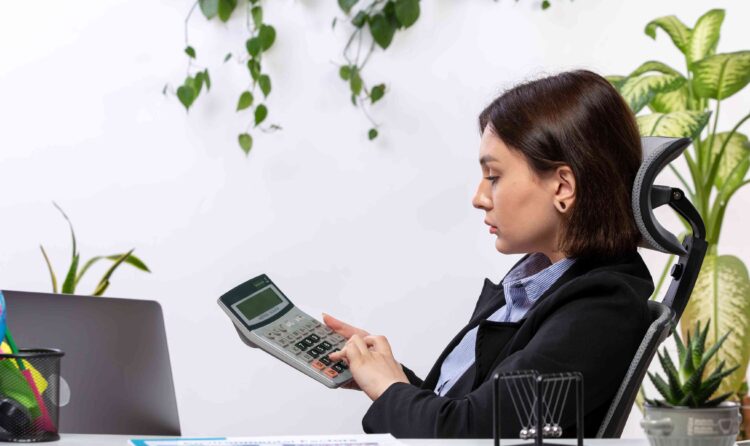UAE VAT on Imports: Your Guide to Customs Duties, Zero-Rating & Compliance
Importing goods into the UAE offers immense business opportunities, but it comes with critical VAT and customs obligations.
Many businesses find navigating UAE VAT on imports to be a complex challenge, often leading to costly errors if not handled correctly. Proper compliance involves understanding not just the standard VAT rate, but also customs duties, specific zero-rating conditions, and unique mechanisms like the reverse charge.
This comprehensive guide will clarify these crucial aspects, helping your business achieve seamless import VAT compliance in UAE.
We will explore how professional VAT consultants can be your indispensable partners in this intricate process.
Customs Duties in the UAE: What Importers Need to Know
What are Customs Duties in the UAE, and how do they apply to imports? Beyond VAT, most goods entering the UAE are subject to customs duties, a tax levied at the point of entry. Understanding these duties is the first step in accurately calculating your import costs.
- Standard Rate: Generally, a 5% customs duty is imposed on the CIF (Cost, Insurance, and Freight) value of imported goods. This means the duty is calculated on the total cost of the goods, plus shipping and insurance to the UAE.
- Higher Rates for Specific Goods: Certain items, such as tobacco products (100%) and alcoholic beverages (50%), are subject to significantly higher customs duty rates.
- Exemptions: Specific goods or categories may be exempt from customs duties based on type, origin, destination, or trade agreements. Examples include personal effects, certain industrial materials, and goods imported by diplomats.
- Free Zones: Goods imported into UAE Free Zones are generally exempt from customs duties until they are moved into the mainland UAE. This provides a temporary relief for businesses operating within these zones.
- Customs Registration: All commercial companies must register with customs authorities to obtain an importer code, which is essential for lawful import and export operations.
Accurate declaration and payment of Customs Duties UAE are crucial for smooth clearance and avoiding delays.
UAE VAT on Imports: The Standard 5% Rate
When does UAE VAT apply to imported goods, and at what rate? Value Added Tax (VAT) is levied on most goods imported into the UAE at the standard rate of 5%. This applies regardless of whether the goods are for business or personal use.
- Calculation Basis: Import VAT is typically calculated on the total value of the imported goods, which includes the Cost, Insurance, Freight (CIF) value, plus any customs duties already paid. This ensures VAT is charged on the full landed cost.
- Payment at Customs: For non-VAT registered businesses or individuals, VAT is usually paid upfront at the point of entry through UAE Customs before goods are released.
- VAT Registered Businesses: If your business is VAT-registered in the UAE, you generally don’t pay VAT upfront at customs. Instead, you account for it under the Reverse Charge Mechanism, a significant cash flow advantage. (We’ll delve into this in the next section).
- Documentation: Maintaining accurate import documentation, including commercial invoices, bills of lading, and customs declarations, is vital for proper VAT accounting and potential input tax recovery.
Understanding this standard application of UAE VAT on imports is fundamental for all importers.
The Reverse Charge Mechanism (RCM) for Imports
How do VAT-registered businesses account for import VAT without upfront payment? The VAT reverse charge mechanism UAE is a cornerstone of import VAT compliance for registered businesses, offering a crucial cash flow benefit.
- How it Works: Instead of paying VAT at customs, a VAT-registered importer “self-accounts” for the VAT. This means they declare the import VAT as both ‘output VAT’ (tax payable) and ‘input VAT’ (tax recoverable) in the same VAT return. Because these amounts effectively cancel each other out, no immediate cash outflow is required at the border.
- Eligibility: To utilize the RCM, your business must be registered for VAT in the UAE, and your Tax Registration Number (TRN) should be linked to your customs account. The imported goods must also be for business use.
- Benefits: The primary advantage of the RCM is improved cash flow, as businesses avoid paying VAT at customs and then waiting to reclaim it through their VAT return. This is especially beneficial for high-volume importers.
- Compliance: Correctly applying the RCM requires accurate reporting in your VAT return (typically in Box 6 for imports and Box 10 for recoverable input tax). Any errors can lead to penalties or rejection of input tax claims.
- Importing Agents: If you use an importing agent, the accounting for RCM can become more nuanced. Both the agent and the owner must make specific adjustments in their VAT returns, or the agent can issue a statement for the owner to recover VAT.
The VAT reverse charge mechanism UAE is a key component for VAT compliance for importers in UAE.
Zero-Rated and Exempt Imports in UAE VAT
Are all imports subject to 5% VAT, or are there exceptions? While the standard rate applies broadly, certain imports are zero-rated or exempt from VAT, though the distinction is crucial for compliance.
- Zero-Rated Imports (0% VAT): For UAE VAT on imports, zero-rating means that VAT is charged at 0%, but businesses can still reclaim any input VAT paid on related purchases.
- Exports: Goods exported from the UAE to countries outside the GCC are generally zero-rated.
- Precious Metals: Imports of investment precious metals (e.g., gold with 99% purity) are typically zero-rated.
- Qualifying Healthcare & Education: Certain medicines and medical goods, as well as educational supplies, may qualify for zero-rating upon import.
- Exempt Imports (No VAT): Exempt supplies are not subject to VAT, and businesses cannot reclaim input VAT on related purchases.
- Personal Effects & Gifts: Personal belongings and gifts accompanying travelers, subject to certain conditions and non-commercial nature.
- Used Personal Items: Used personal effects and household items imported by UAE nationals returning from abroad or expats moving to the UAE for the first time.
- Returned Goods: Goods previously exported from the UAE and subsequently returned may be exempt.
- Military & Security Imports: Imports by military forces and internal security forces for specific purposes.
Understanding these categories is vital to ensure you apply the correct UAE import VAT rates and avoid overpaying or under-declaring.
Common Mistakes to Avoid in Import VAT Compliance
What are the frequent pitfalls businesses encounter with UAE VAT on imports? Navigating import regulations can be tricky, and even small errors can lead to penalties.
- Incorrect Valuation: Miscalculating the CIF value, or failing to include customs duties in the VAT calculation base, can lead to under-declared VAT.
- Misapplying Reverse Charge: Incorrectly accounting for import VAT under the RCM, or failing to link the TRN to customs, can result in delays or penalties.
- Insufficient Documentation: Not maintaining comprehensive and accurate records (invoices, bills of entry, customs declarations) to support import VAT claims is a common issue during FTA audits.
- Incorrect Zero-Rating or Exemption Claims: Applying zero-rating or exemption without meeting all specific conditions can lead to retrospective VAT charges and fines.
- Ignoring Free Zone Nuances: Assuming all transactions within or involving Free Zones are VAT-exempt, overlooking the rules for Designated Zones or movements to the mainland.
- Missing Payment Deadlines: Even with RCM, the declared VAT still needs to be submitted with the VAT return by the due date. Delays incur penalties.
Avoiding these VAT compliance challenges UAE for importers requires vigilance and expertise.
How a VAT Consultant in Dubai Ensures Seamless Import Compliance
Why is professional assistance invaluable for managing UAE VAT on imports? The complexities of customs duties, VAT mechanisms, and evolving regulations make expert guidance essential for businesses. VAT consultants in Dubai like Profitz Advisory offer comprehensive support.
- Accurate Customs Duty Calculation: Professionals ensure correct valuation and application of customs duties, preventing delays and unexpected costs.
- Optimized VAT Treatment: They advise on the correct application of the Reverse Charge Mechanism, ensuring you benefit from cash flow advantages and correctly account for import VAT in your returns.
- Identification of Zero-Rated/Exemptions: Expert consultants help identify eligible zero-rated or exempt imports, ensuring your business avails all permissible reliefs and avoids overpaying VAT.
- Documentation & Record-Keeping: They assist in setting up robust systems for meticulous record-keeping, ensuring all import-related documents are compliant and readily available for FTA scrutiny. This helps you be VAT audit ready.
- Strategic Advisory on Free Zones: Consultants provide clear guidance on the specific VAT implications of importing into, out of, or between Designated and non-Designated Free Zones.
- Penalty Mitigation: In case of discrepancies or penalties, a VAT consultant can help you understand the issue, prepare necessary rectifications, and engage with the FTA on your behalf to mitigate fines.
Partnering with Profitz Advisory provides the expertise to navigate UAE VAT on imports efficiently, saving you time, money, and compliance headaches.
Conclusion: Master UAE VAT on Imports for Business Success
Mastering UAE VAT on imports is vital for any business engaged in cross-border trade. It’s about more than just paying tax; it’s about strategic compliance, cash flow management, and risk mitigation.
Don’t let import VAT complexities hinder your growth. Engage VAT consultants in Dubai like Profitz Advisory to ensure accurate, efficient, and fully compliant import operations.
Contact us to Take control of your import supply chain today!








